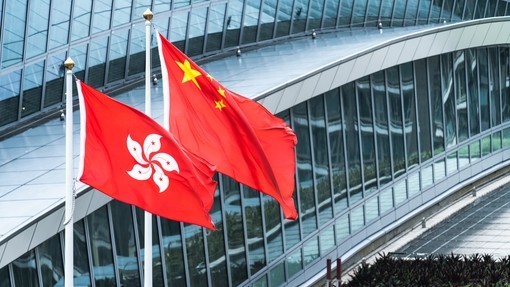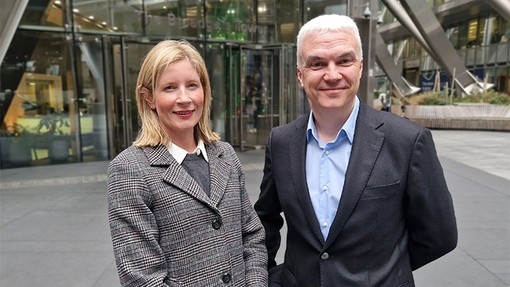COVID-19: Is the Premier League too big to fail?

Details
As analysts seek to measure the economic fallout of the unprecedented medical crisis caused by COVID-19, one key lesson learnt from the 2007 global financial crisis was that banks proved ‘too big to fail’, with state governments bailing out hundreds of global financial institutions. In this crisis, government decision on who to bail and who to fail will be of critical importance to all sectors beyond banking / finance, including football.
COVID-19 has led to the suspension of all English football (including Premier League, EFL, Woman’s Super League and Woman’s Championship) until at least 30 April 2020. The FA has confirmed that the current football season may be ‘extended indefinitely’, a variation to existing regulation which provides a finishing date of 1 June 2020. Governing bodies have expressed a joint commitment to conclude the season and complete all outstanding fixtures as soon as practicable and could look to availability in June / July, now that EURO 2020 has been postponed to next summer.
Should the medical crisis escalate, leaving the current football season unfinished, the impact will generate a number of highly contentious legal questions for key industry stakeholders:
- Will global broadcasters refuse to make payments for outstanding games or sue leagues / governing bodies for non-completion?
- Will spectators who have purchased season tickets / hospitality packages be compensated by clubs?
- Will clubs (lower league clubs particularly), who have lost and continue to lose vital match day revenue, be supported to avoid administration / liquidation (and by whom)?
- Will sponsorship / commercial arrangements be honoured?
- Will players be remunerated on team / personal performance and related bonuses / incentives? And;
- How will integrity / competition issues be resolved (should Liverpool FC be crowned champions / who should qualify for Europe, which clubs should be relegated / promoted)?
At a high level, the issues are such that for key stakeholders the non-completion of the current season simply cannot be contemplated. One rumoured proposal is that Premier League clubs play remaining games behind closed doors and at neutral venues. Matches could be shown live on TV to satisfy the demands of supporters, sponsors and broadcasters. The very suggestion, in the early days of a global pandemic, begs the question, is the Premier League, like the banks, simply too big to fail? If so, where would such proposals leave: (i) lower league clubs who are reliant on ticket sales?; (ii) all clubs (who could face third party claims for breach of duty of care)?; (iii) the health of supporters (who may congregate in large numbers to watch the games on TV)?; and (iv) staff / players who could refuse to participate because of infection fears (noting specifically that Gremio recently took to the pitch wearing masks ahead of their behind closed doors Brazilian domestic match against Sao Luiz)?
At a granular, case-specific level, the interpretation, application and enforcement of contractual obligations, rules and regulations will form the foundation to unpicking / resolving such issues. At Hill Dickinson, we seek to resolve disputes quickly and efficiently, where possible without recourse to legal proceedings. However, when this is unavoidable, our very experienced and tenacious team will vigorously pursue a strategy to achieve a successful outcome for all stakeholders as cost effectively as possible.
For further updates and other articles discussing the impact of the coronavirus please view our coronavirus hub.





